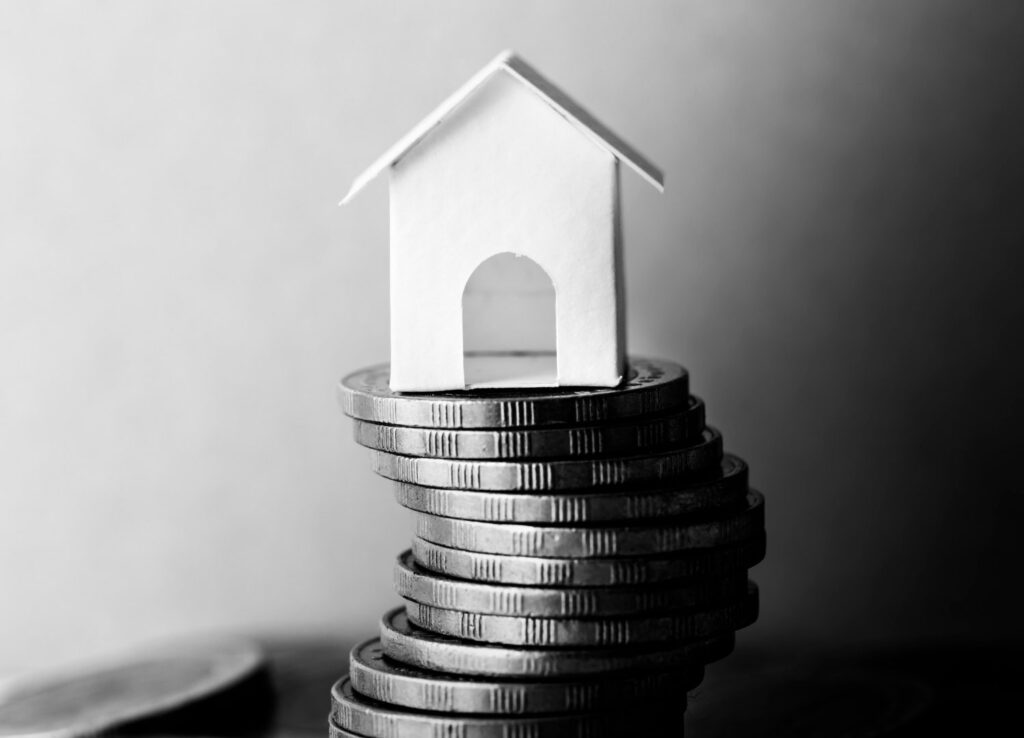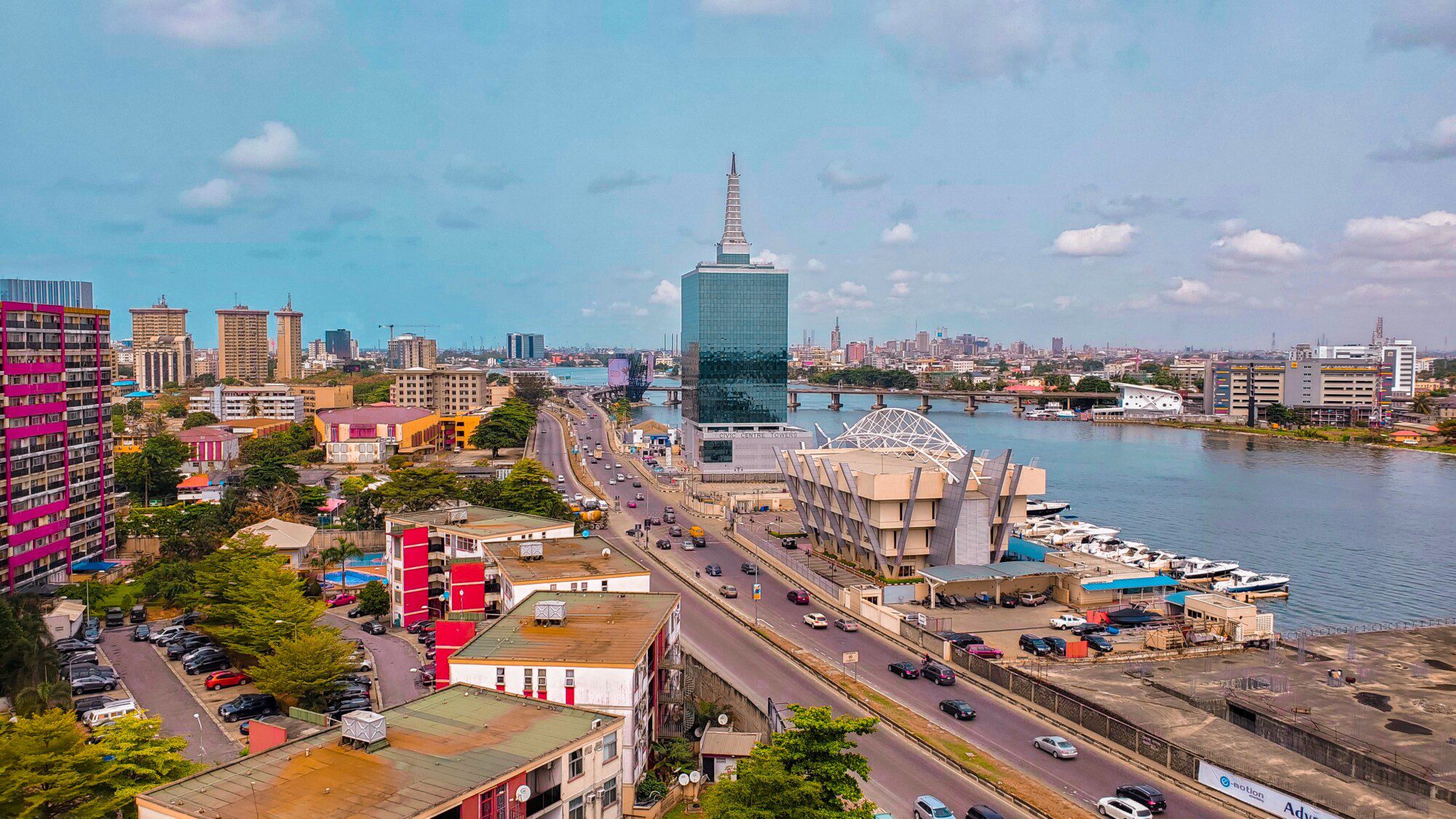Real estate in Nigeria offers numerous opportunities for investors. However, there are certain macro-economic issues that could be detrimental to the industry and thereby affect real estate investments. These include instability in foreign exchange and inflation trends.
In the past years, Nigeria has been ranked among countries with high inflation rates. They seem to be uncontrollable factors undermining the Nigerian economy and so, will real estate in Nigeria be affected by economic adversities? Will there be fewer home buyers in the future?
And barely two years ago, were many surprised when there was an increase in selling of luxury estates and properties in Nigeria. For many, the economic crisis had made it difficult to buy property. But those who planned it wisely thrived while others spent time trying to play catch up. So, before you invest in any real estate project in Nigeria, this article will help you evaluate the current economy and identify opportunities and threats.

Is a Market crash inevitable?
This is a question that has been on the minds of many property investors in Nigeria. There’s no doubt that the Nigerian real estate market is booming. But with growth comes speculation and, inevitably, some bumps in the road. The National Bureau of Statistics (NBS) stated that in early 2021 Real Estate contributed over 9.91% to Nigeria’s GDP, and that figure is only going to grow in the years to come. That being said, there are some concerns that a market crash may be on the horizon.
The real estate sector has been one of the major drivers of growth in the Nigerian economy. The sector is known to be a key contributor to Nigeria’s GDP and provides jobs to thousands of Nigerians. It is also one of the major sources of foreign exchange earnings for the country through the activities of the construction industry. The real estate sector of Nigeria is one that has been growing over the years and this is due to its profitability as well as its ability to create jobs for the unemployed.
Some people are of the opinion that with the economic downturn, there will be a reduction in the growth of this sector but several other factors should be considered before reaching such a conclusion.
Real estate development in the country is mostly driven by demand factors such as population, economic activity and there is very minimal supply-side constraints.
The sector has witnessed a steady growth over the past few years, with increasing demand from both high net worth individuals and institutional investors. With various reforms and policies implemented by successive governments aimed at improving the business environment, we are hopeful of increased investment in this sector by both local and foreign investors.
CONSIDERING THE ECONOMIC AFFLICTIONS, WILL REAL ESTATE PRICES GO DOWN OR INCREASE?
When it comes to the Nigerian economy, there is only one thing that is certain: uncertainty.
There is no definite answer to this question as it largely depends on a number of factors. There is always a risk of being affected by economic downturns which many predict may cause the demand for housing in the country to significantly go down. The country has gone from being one of the fastest-growing economies in the world to a recession-hit country, and back to economic growth again.
However, many experts have their doubts about the sustainability of that growth. They believe that another slump could be on the horizon.
This is not surprising considering Nigeria’s history with economic downturns and its frequent need for bailouts from the International Monetary Fund (IMF).
Nigeria’s economy is heavily reliant on oil exports, which have been hit hard by low prices on the global market over the past few years.
Another problem is a lack of diversification among sectors of the economy, which means that if one sector suffers, so does everyone else.
The effects this will have on real estate in Nigeria is unclear, but as in most countries where oil revenues account for a significant percentage of GDP, it could be significant.
So back to the question, will prices for properties in Nigeria go down or up in 2022?
However, we can say that, considering Nigeria’s current population and the fact that the country is not likely to be greatly affected by economic afflictions, the sale and purchase of real estate properties in Nigeria will continue to grow. The demand for real estate in this country is not likely to decrease. So, even if the economy takes a nosedive in 2022, we still believe that the prices of real estate properties in Nigeria will remain relatively high.
Our opinion is based on the fact the emergence and the expansion of Nigeria’s real estate has created more innovative ideas and real estate plans to suit everybody with real estate companies tailoring payment plans to suit different Nigerians of different status with a good consideration on their income.
Nigeria is resilient. This fallacy is explained clearly in this article. Nigerians have always found a way to move past adversities and this should not be ignored. The current struggles of the Nigerian economy have not extinguished people’s desire to live the life they want. It seems that despite the economic downfall, many are willing to spend money on real estate.
https://cozyhavenscentre.com/cryptos-red-day-from-an-ever-green-real-estate-investment-point-of-view/
PROBLEMS FACING NIGERIA REAL ESTATE IN 2022
Nigeria has a landmass of 923,768 sq km with a population of at least 200 million. There are many people trying to live in and buy houses in Nigeria.
Real estate is a very important part of the Nigerian economy. Despite its importance, the real estate market in Nigeria is currently facing many challenges which have crippled it and made it unable to play its role satisfactorily.
Housing is among the most essential needs of people – yet it is also among their most basic problems. The government has always neglected this sector, failing to give it the attention, support, and funding that it deserves. This level of neglect has made it impossible for real estate investors and small-scale developers to operate effectively, pushing the growth of the industry back by several decades.

Highlighted below are some of the current issues facing Nigeria real estate in 2022 and they have all been compounded by the current recession:
- Inflation: This has made properties more expensive to purchase or rent.
- The High Cost of Securing and Registering a Secure Land Title: This makes it difficult for many people to invest in property.
- Lack of Access to Finance: It is no news that the level of unemployment in Nigeria has continued to soar in recent times due to various factors ranging from insecurity, poor leadership and small scale production. As such, majority of Nigerians are unable to secure mortgages or necessary financial support needed for building purposes. This has made it difficult for many people to purchase or build property.
- Excessive bureaucracy and Slow Administrative Procedures: This has caused projects to take longer to complete, thereby increasing costs.
- The High Cost of Land: This makes it difficult for people to find affordable housing.
- Poor Infrastructure: Infrastructure gaps in power, roads and housing create further hurdles for investors considering the country.
- Political Instability: The uncertainty that comes with political instability would have a huge effect on real estate investment in Nigeria today or in 2023 because of the coming election. This has made it difficult for people to plan for the future, as they do not know what will happen next. Political stability will always be an important factor for investors. Amidst the current economic scenario, if the Nigerian government can instill more confidence among individuals about their safety and future, then perhaps there will still be enough reasons for people to live and invest in Nigeria.
- The high cost of building materials and the instability in exchange rates are also rife in this industry. This makes it ever so difficult for players to plan and budget with certainty, something that endangers their businesses as well.
- Various governmental policies have also impacted upon the sector and in some instances, these have been negative.
- Corruption has also eaten deep into the land registration system making it impossible for investors to get genuine land titles for their investments.
- Poor Government Support
CONCLUSION
Overall, the future of this sector looks promising in Nigeria, as more companies and investors continue to enter the fray. This has been seen through an increase in the number of transactions and deals that are being executed. However, the challenges faced by Nigeria in terms of infrastructure development and supply of goods and services are poised to limit growth in this sector. Optimally, the government should continue to create economic policies that will encourage foreign investment and improve fiscal discipline to reduce inflationary pressure on the economy. Also, changes in legal frameworks should be effected to bring greater transparency in transactions across all sectors of the economy including real estate, especially with respect to land acquisition for industrial purposes.
Real estate investment in Nigeria is not going to experience a decline in the near future. There will be more individuals and organizations looking for properties of different kinds. The growth of community banks and microcredit organizations will also improve the capacity of individuals who are not able to afford huge mortgages. Inhabiting a house is an important aspect of life for many people. Even if there is an economic slowdown, people will still desire to own their own homes.
For something so limited and scarce as real estate, a lot of people need it. Either to live or for investment. The real estate and housing property are not going to decrease in a place like Nigeria. The population of the country is too high, and the number of civil servants is extremely high, which implies that there will be more people looking for accommodation. Houses are a commodity and will never become extinct in Nigeria. In the coming years, the need for a productive housing sector will continue. This will reflect significantly on the real estate prices in Nigeria.
As long as its economic problems are resolved, this country will continue to be one of the best places to invest in. Both locals and foreigners will keep buying properties in Nigeria.
Real Estate in Nigeria has been the best investment you could ever have. It is a growing market because of the housing deficit and so, despite the economic adversities, it may experience, the future for it looks bright.
In conclusion, the answer to the question above which is “Will real estate in Nigeria be affected by economic adversities?” is a resounding yes and we believe that these adversities will remain for the next several years but Real Estate can withstand any storm. Real Estate is sometimes described as one of the few asset classes that have no counterparty and is totally uncorrelated to other classes of investments. It has survived every major crisis in history.
According to the report of the World Bank, Nigeria’s real estate market has been projected to reach $39.2 billion in 2022. Nigeria’s real estate market is expected to have enormous potential and will continue to grow as long as there is demand for real estate. The fact remained however is that real estate is a very old investment vehicle and it has sustained its value and purchasing power unlike any other financial instrument in history. So if you need to make any investment in 2022 then it should be real estate because it is a fail-proof investment that will see you through any economic adversities.
Real estate is the ultimate investment. It is the most time-tested form of investment for decades now and it will continue to be till we are on land.
Real estate need not move with the economy it is a stand-alone investment that can actually save you from the economic storm. If you let go of your fears and start investing in real estate, believe me, you shall never regret your decision.





